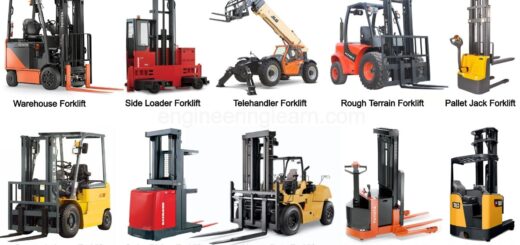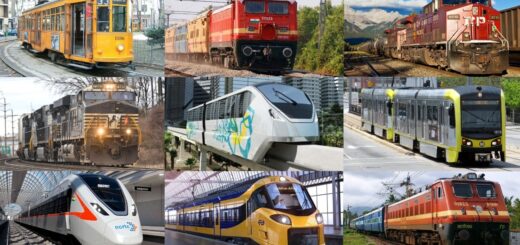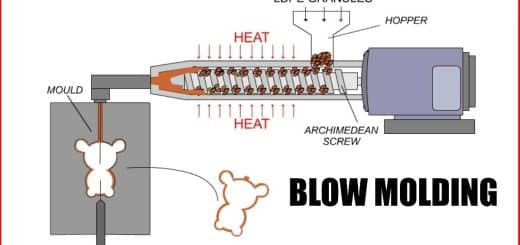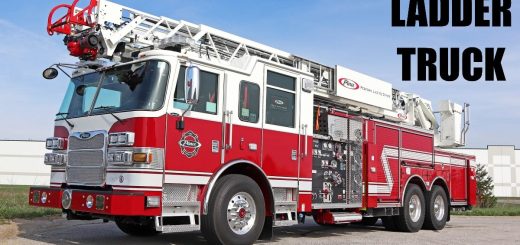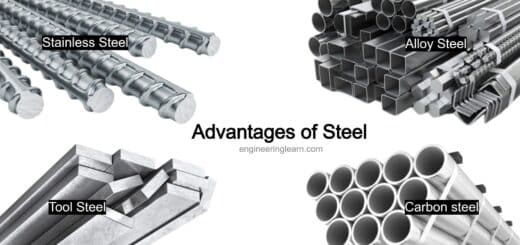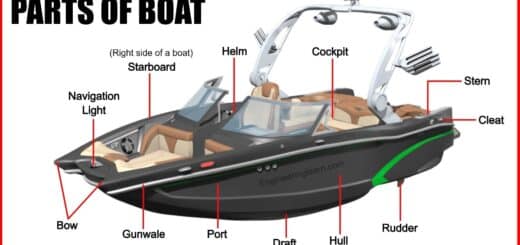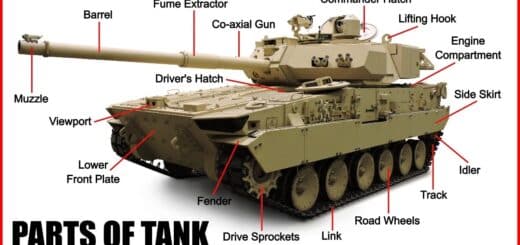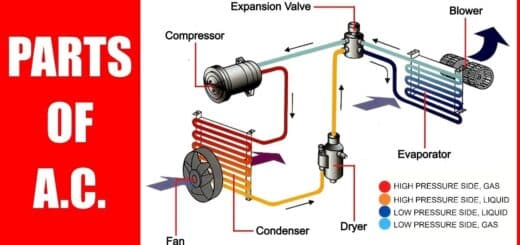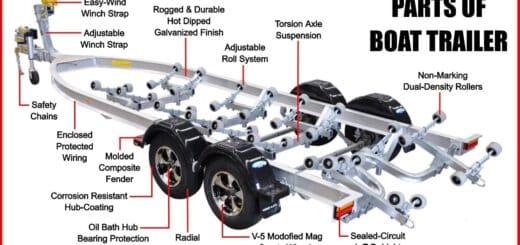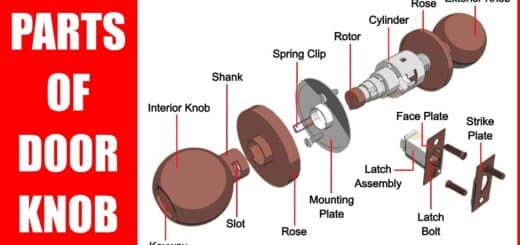16 Types of Truckers – Benefits of Becoming a Truck Driver [Explained with Complete Details]
![16 Types of Truckers - Benefits of Becoming a Truck Driver [Explained with Complete Details]](https://engineeringlearn.com/wp-content/uploads/2023/03/Truckers-1024x539.jpg)
Truckers Introduction:
16 Types of Truckers – Benefits of Becoming a Truck Driver [Explained with Complete Details]: – Driving trucks might be a life-long dream for certain individuals, while others simply favor life on the road. Driving trucks requires various abilities and presents many challenges relying upon the type of trucking. Numerous modern trucks require specialized abilities and permitting for the drivers entrusted with driving these machines. Truckers have a varied and sometimes intriguing profession. The job is integral to the smooth working of business, industry, and survival of the overall population.
There are a lot of opportunities for truckers across the country. Long-haul truck driving is an industry that is on the ascent and will consistently be in demand in the distant future. Nonetheless, before you can be a trucker, you want to meet specific prerequisites like completing a driving school, Passing through a CDL written assessment, being of a certain age, and passing a medical assessment.
Types of Truckers:
Below is the list of Truckers:-
1. Flatbed Truckers: ( Types of Truckers )
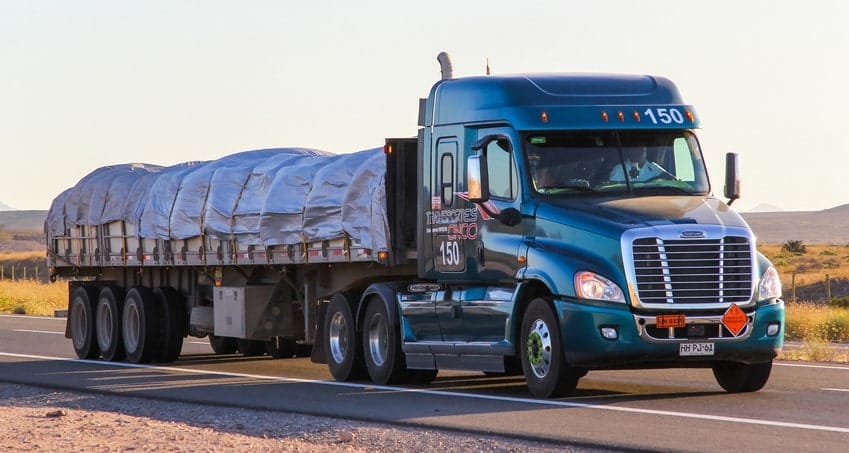
Flatbed truckers range in size from medium load to weighty load trailers. Flatbed trucks are typically used to transport oddly shaped cargo that won’t fit in different trucks. Truckers of flatbed trucks require expert knowledge for adjusting loads like pipes, large machinery, and other unusual cargo. Flatbed truckers frequently should drive mechanical loads onto their flatbeds to accomplish the right equilibrium and positioning of the load. At times, loading the truck requires a winch to pull the load onto the flatbed.
Various flatbed trucks have adjustable and customizable suspensions, and the flatbed can be brought or raised down to accommodate specific loads. Thus, numerous flatbed trucks don’t have large ground clearance. This requires careful route planning by the truckers to keep away from roads where obstructions, for example, speed humps, pavements, or lopsided road surfaces can pose a problem for the load.
2. Military Truckers: ( Types of Truckers )
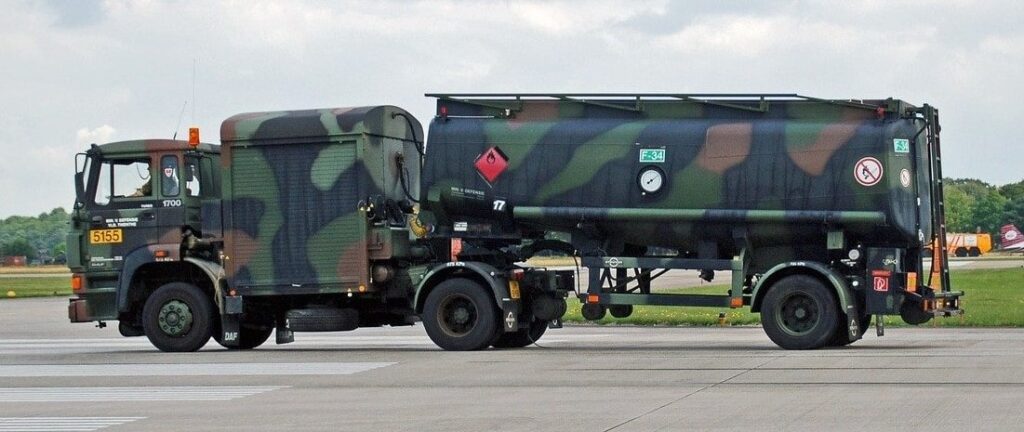
From basic cargo transport to exceptional cargo transport, the military has scope for the vast majority of truck driving opportunities. From transporting food, clinical supplies, dangerous material, explosives, and weapons to transporting heavy vehicles, for example, tanks and aircraft, a large number of skills are required for military truckers. Since a portion of the equipment utilized is highly specialized and not accessible to people in general, the military provides the training necessary for the truckers working in this capacity.
3. Tanker Truckers: ( Types of Truckers )
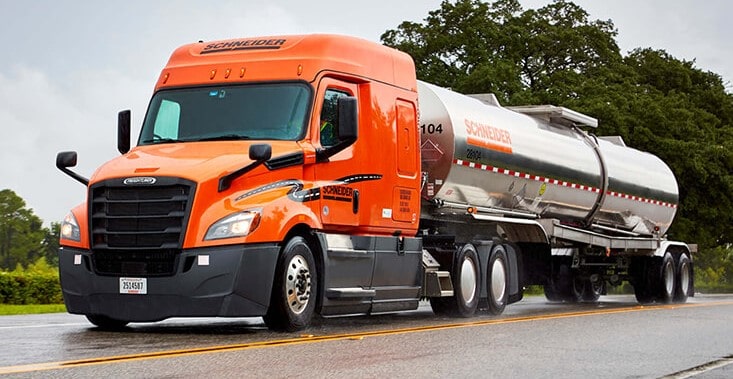
Tanker trucks are designed to carry very specific loads, from inert materials to volatile fuels as well as hazardous chemicals and gasses. Tanker trucks are engineered and designed with exceptional containers to prevent liquid loads from sloshing around in the container and unbalancing the load.
Some tanker trucks have multiple, separate containers, with each compartment intended for an alternate destination. This requires the tanker truckers to realize load balancing and plan their offloading sequence so the load at the back doesn’t end up being unbalanced. Pump systems help tanker truck to take on or deliver their loads. Some have metered pumps to deliver various qualities to various destinations.
4. Long-Haul Truckers: ( Types of Truckers )

Long-haul truckers are known by various names in various regions. Descriptions like Over-The-Road or OTR truckers, or highway truckers refer to long-haul truckers. These truckers handle long or significant-distance cargo deliveries and spend many hours, days, or even weeks on the roads while they head towards their cargo destination. Lon-Haul trucks have services, for example, built-in propane gas cooking facilities and now and again toilet facilities like RV’s to accommodate driver’s necessities on the road.
These self-contained trucks are very nearly a usual hangout place for the drivers and permit them to pull over on the side of the road for rest, have a meal, or a bathroom break at whatever point they need it.
5. Heavy-Load Truckers: ( Types of Truckers )
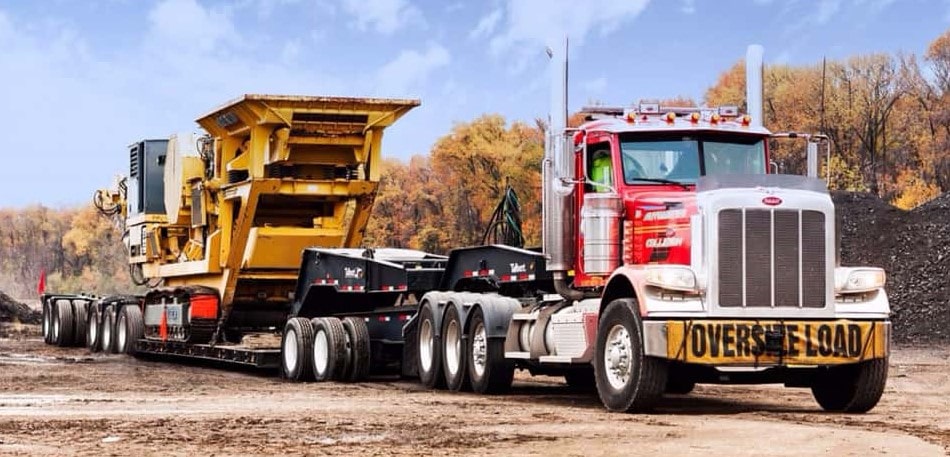
Heavy load trucks are intended or designed for the transport of extremely heavy loads. They have specialized suspensions and are frequently loaded with a crane at the pickup and point of delivery. Heavy load truckers need skills and abilities to deal with the loading and offloading of the cargo and adapt their driving style to accommodate the particular load. Route planning is a key expertise required for weighty load drivers.
Driving on these streets or roads could damage the road surface and even damage the truck. Arranging and planning routes for weighty loads frequently involves counsel with road traffic specialists and municipal road agencies, who can advise on the suitable routes for the weighty load.
6. Dry Van Truckers: ( Types of Truckers )
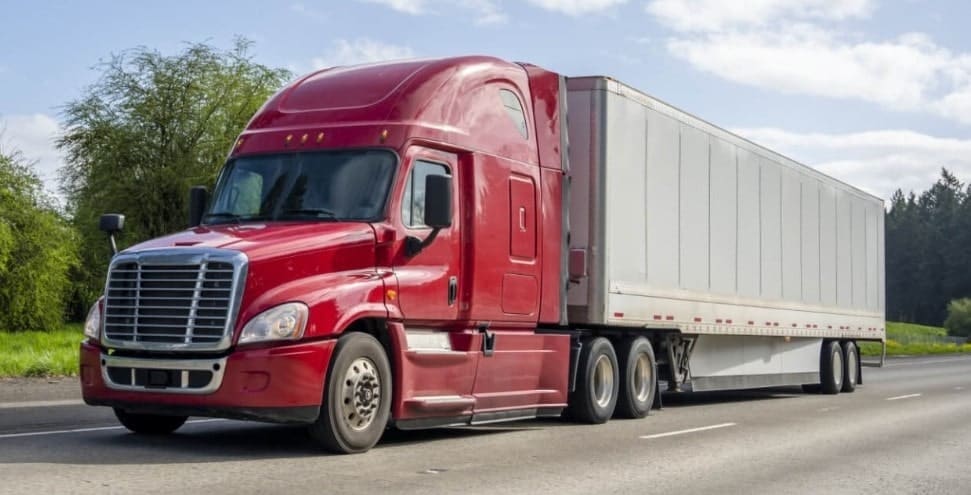
Dry van truckers are most of the time the first trucking job for some truckers. These trucks are utilized to transport dry goods like boxed food varieties, tinned food, fertilizers, and similar products. With the transport of these loads, there isn’t a lot of unique consideration that the trucker needs to provide for the load. The trucker isn’t normally responsible for the loading or offloading of the freight. This function is typically performed by the sender and the cargo recipient. Many truckers utilize a dry van trucking job as an entry point into the trucking industry and gain the underlying knowledge needed to drive large trucks.
7. Oversize Load Truckers: ( Types of Truckers )
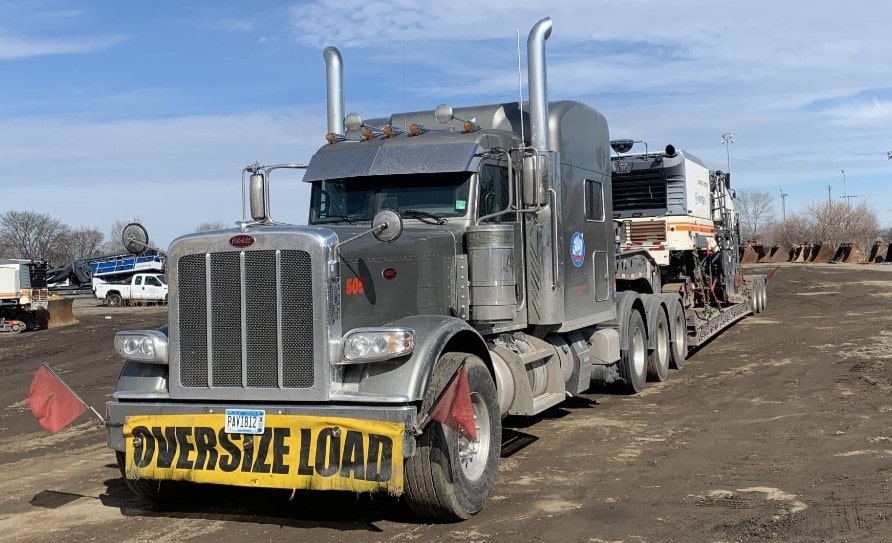
Oversize-load trucks are firmly associated with weighty load trucking, yet with the additional component of a load that takes up a large portion of the road and could influence traffic in both directions on the road. Oversize-load truckers need management skills, critical thinking abilities, and communication skills, notwithstanding remarkable driving skills. Planning the transport of oversize loads frequently requires weeks or months of planning.
Traffic specialists, municipal road authorities, and electricity divisions are in many cases included in the planning and preparation of transporting these loads. Public roads frequently need to be closed to other traffic to accommodate the passage of the load, which requires the chase vehicles to go ahead of the load and coordinate the road closures.
8. Overland Truckers: ( Types of Truckers )
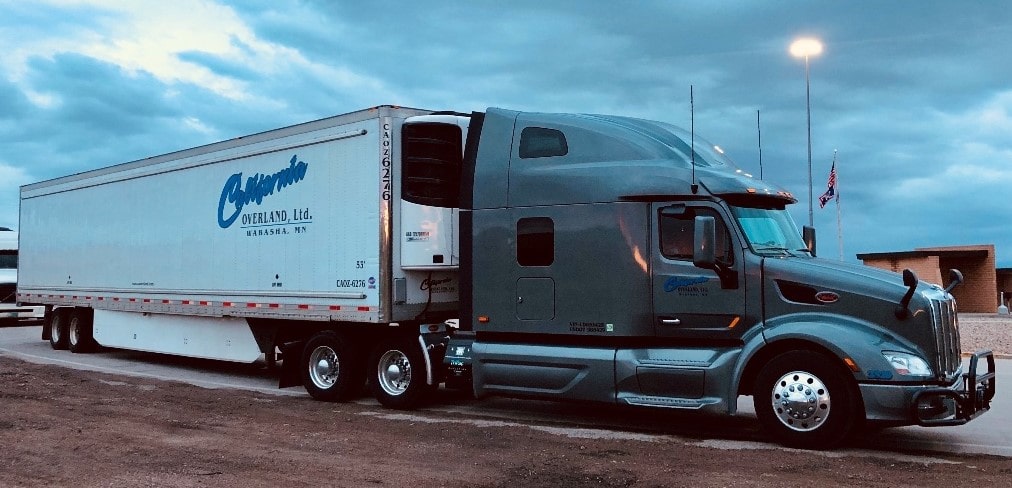
Overland truckers are truckers that deliver cargo to distant, far-off areas. This sort of trucking requires a special kind of trucker. Overland truckers need high problem-solving abilities and planning skills since they are frequently alone and have to take care of complex problems in regard to the cargo, climate, or faults on their trucks all alone. Mechanical skill and resourcefulness and legitimate planning of the truck, and carrying of additional spares, equipment, and tools to keep the truck moving are key aspects for the overland trucker.
9. Refrigerated Truckers: ( Types of Truckers )
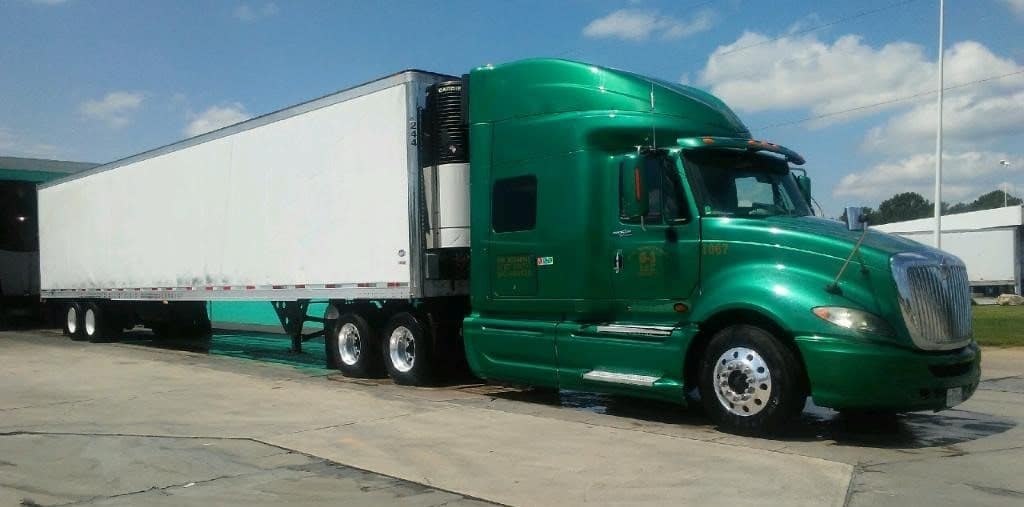
Perishable goods are in many cases transported in refrigerated trucks. These trucks have specialized cooling equipment to maintain the right temperature for the goods being transported. Refrigerated truckers require the relevant knowledge for managing the refrigerated system on these trucks. Monitoring, f, and maintenance of the refrigeration system may be required on long-haul trips to forestall freight loss. A significant number of these trips may require relentless driving to cover the required distance and ensure fresh good delivery.
10. Fire Truckers: ( Types of Truckers )
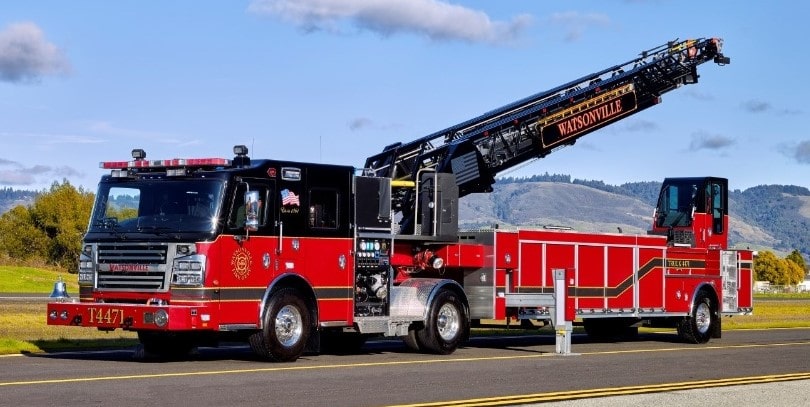
Fire Truckers are an essential part of the service provided to the public by local fire departments. Like the military, fire departments utilize specific vehicles that are not generally in like manner use publically. This requires fire truckers to get specialized preparation in the driving and operation of these trucks. Fire truckers are likewise qualified firemen yet have received additional training for driving fire trucks, positioning the vehicles securely and effectively at a fire scene, and operating all the specific equipment on the truck.
11. Hazardous Materials Truckers: ( Types of Truckers )
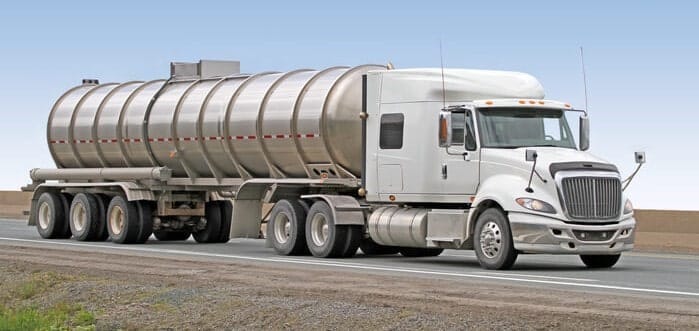
Hazardous materials can take different forms, requiring the utilization of specialized trucks and skilled truckers to transport these loads. Some hazardous cargo requires tankers for transport, while others require sealed trucks to forestall gas leakage, radiation leakage, and so on. The truckers entrusted with transporting these materials must have training in regard to the correct transport of the hazardous material, correct loading and offloading strategies, and the steps to take in case of a spill.
The truckers should be familiar with the utilization of hazardous materials suits and need to have this equipment on the truck to take care of the freight should there be problems during the transportation. Hazardous material truckers are frequently required to have specific driving licenses to transport this sort of cargo.
12. Regional Truckers: ( Types of Truckers )
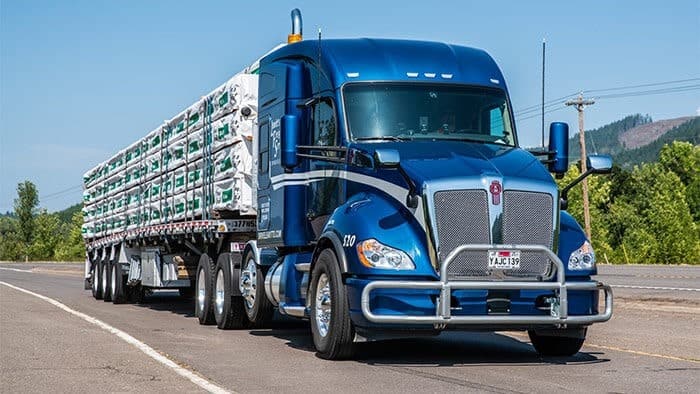
Regional truckers by and large perform mid-distance cargo delivery. These are typically inter-city deliveries, where the driver may be on the road for two or three days all at once. The driving time for regional truckers is occasionally for more than a day and a short-term haul. Regional truckers haul cargo over medium distances instead of long distances. Overnight courier services frequently utilize regional truckers to deliver goods overnight from one city to another.
13. Local Truckers: ( Types of Truckers )
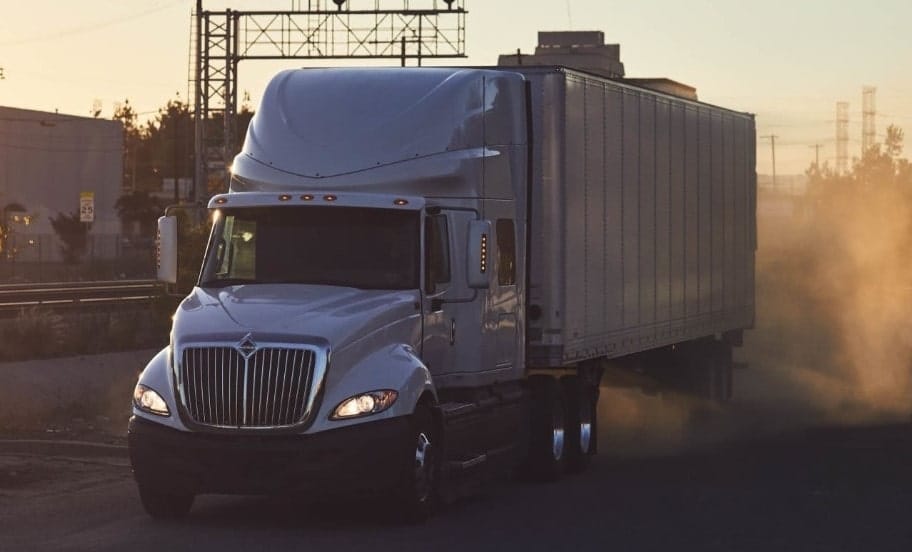
Local truckers drive cargo delivery vehicles in a limited region. These truckers deliver cargo at short distances and can play out numerous trips every day to various areas. Since these truckers deliver cargo to businesses locally, it is many times considered everyday work, working typical office hours.
This is on the grounds that the senders and receivers of the cargo keep typical business hours, limiting the times at which the driver can collect or deliver cargo. Local truckers will spend the entire day out and about, yet they will just travel short distances for every delivery trip.
14. Company Truckers: ( Types of Truckers )
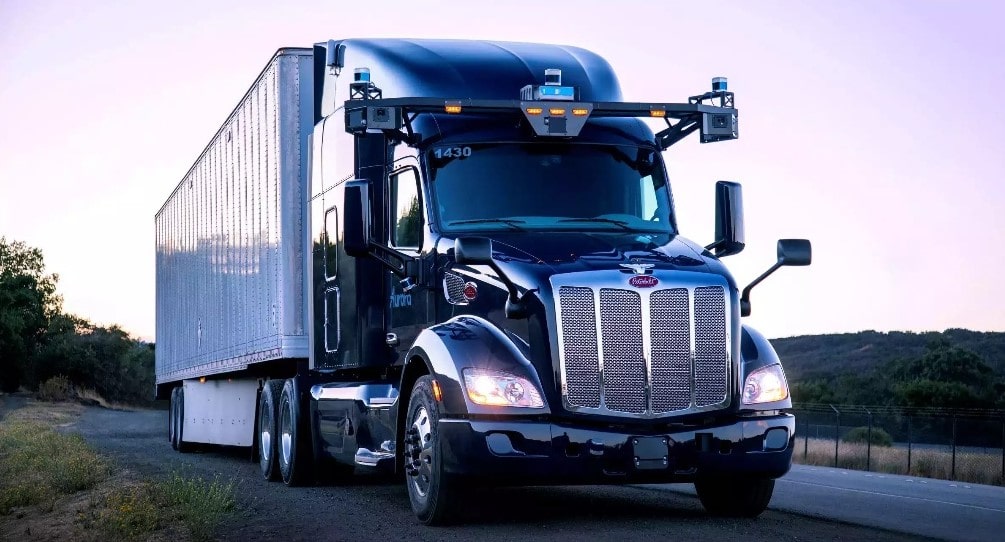
Company truckers don’t possess their own trucks however drive trucks for a transport company. These truckers might have experience in different kinds of trucking or be utilized for general truck driving and deliveries. Company truckers might be long-haul or local truckers or anything in between. Many new truckers search for driving positions with these companies to acquire insight across a large number of trucks and types of cargo hauling.
15. Auto Truckers: ( Types of Truckers )
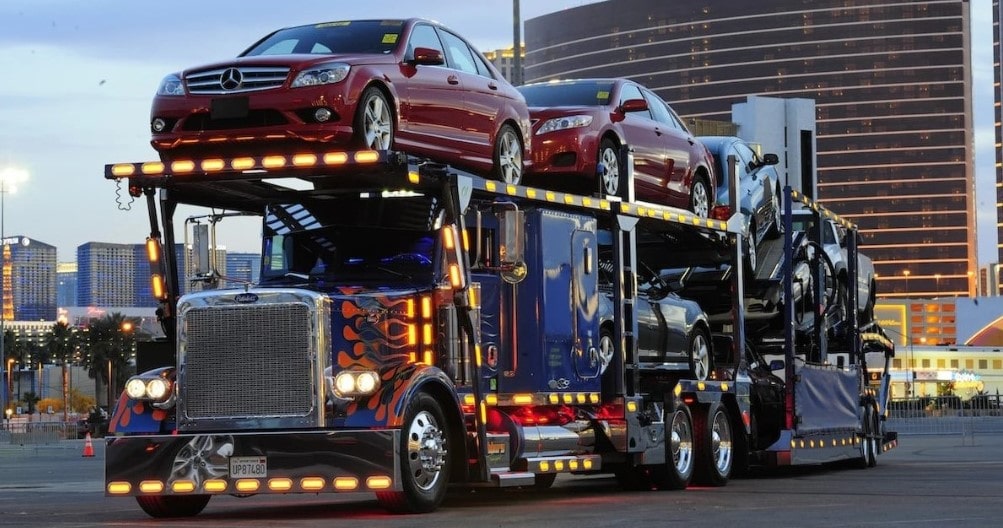
Auto hauling trucks are particular for transporting cars over long distances. These trucks have equipment designed and intended to load and unload cars from the double-decker trailers. These cars can be high-value loads, particularly in the transport of sports cars or executive cars. The truck drivers utilized to transport these cars won’t be amateur drivers since the consequences of damaging the load can be expensive. Auto truckers are most of the time long haul truckers that transport cars from ports to inland cities for car dealerships.
16. Owner Operator Truckers: ( Types of Truckers )
Owner-operator truckers are truckers that own the truck they are driving and work from one contract to another for hauling freight. These truckers are frequently pursued to transport goods long distances, sensitive goods, or time-critical cargo. Since these truckers drive their rigs, they frequently take more care with the trucks and the freight, minimizing transport damage to the goods.
Owner-operator truckers will frequently take on trucking jobs that other transport companies decline because of the difficulty of the job. Owner-operator truckers will attempt to plan return loads on a trip to bring in cash from the return leg of the journey and the delivery leg of the haul.
What are the Benefits of Becoming a Trucker?
A) Stable Income
A job that pays well certainly beats different professions. While it’s not generally about the money, it’s as yet more secure and more practical to work in a job with a steady income. Also the rewards and pay increases. It’s an industry that promotes equivalent pay among both men and women.
B) Job Security
As long as you don’t disregard your duties and your profession and keep on going about your job effectively and securely, then you will be assured that you will not move your job from you soon. With a lot of demand for truck driving persistently on the ascent, companies will keep on depending on truckers like you to perform your duties.
C) Flexible Schedule
Many trucking companies offer a flexible work schedule for getting work done to their drivers, to ensure a balance between serious and fun activities. This implies that you can, in any case spend time, with your family and seek different things. You might be out on the roads most days, yet have a choice to choose your schedule.
D) You get to see Wonderful Places
With truck driving comes travel opportunities. While you might be going through days and even a long time out on roads, the fun and thrill of exploring many places across the country is an experience that could only be described as epic. You even get to tour and explore the urban areas and towns during downtime.
E) Truck Driver Benefits
On top of the steady pay, truckers can likewise expect to get incredible employee benefits. Many trucking organizations provide extra benefits to their employees. These include vision, dental, clinical, and life insurance.
What are the Mistakes to Avoid When Hiring Truck Drivers?
A) Hiring Truckers Since they’re Familiar
With regards to hiring truckers, it’ll always be most straightforward to hire somebody in your existing network. However, it turns into a problem when you hire somebody you know since it is comfortable and that new recruit is excessively green for the job.
B) Staying with the Cliché Trucker Applicants
As the candidate pool starts to dry up and that’s just the beginning and more companies are battling about similar drivers, searching out forward-thinking applicants can bring big returns.
C) Not Giving a Crap about Your Internet-based Reputation
All that today is web-based, including employment audits about salary and what it resembles to work for your organization. At any rate, monitor your company’s online reputation and watch out for social media before you start recruiting truckers.
D) Not Demonstrating you’re Proud to be a Part of this Industry
Without the dedicated people in the transportation industry, commerce would come to a standstill. Have an open house to permit community members to meet genuine truckers, look at the semi-trucks, and share how the transportation industry touches their lives consistently.
E) Not Getting an Early Advantage on Training the Next Generation
The next generation is making a splash, and ignoring the circumstance or enduring it will waste your time. Rather than pretending this next generation of drivers doesn’t exist, figure out more about them. You must be ready for the new guys and know how to transform them into your next generation of esteemed drivers.
Conclusion
Truckers are an integral link in the supply chain that many companies and the general public depend on to receive the food and supplies they need. Road transport is a key arterial service that our towns, urban communities, and at last the general public depend on to bring raw materials, food, and significant items to where they are required. Previously, truckers were considered low-skilled labor, however, modern trucks require a high level of skill and management to operate.
Content Source: – lemonbin, businessdailymedia, hni
Image Source: – cdlschool, missionfinancialservices, schneiderjobs, truckersnews, truckdriverssalary, targettrans, wideloadshipping, thetruckersreport, wikipedia, rosenbaueramerica, hubinternational, leavitts, uberfreight, auto.economictimes, overdriveonline

